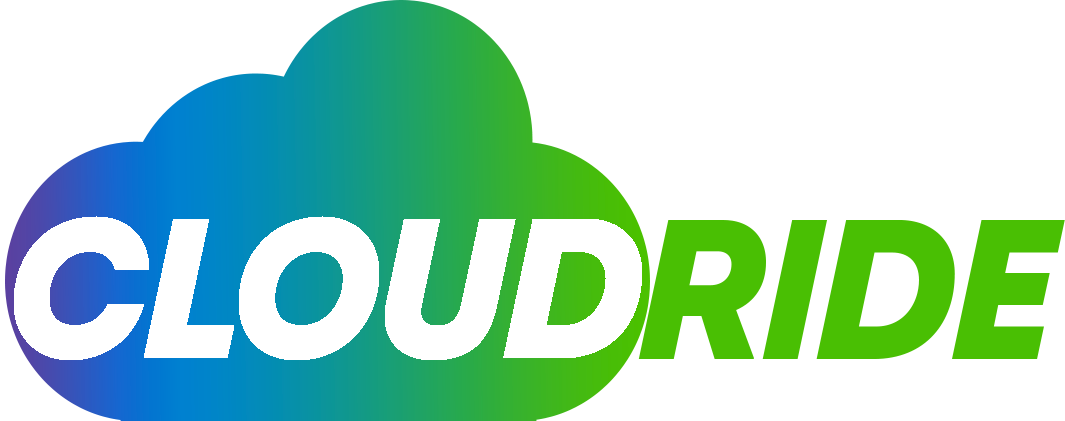Healthcare has shifted from the episodic interventions necessary for contagious diseases and workplace accidents during the post-World War II era. In today’s health care system, prevention and management of chronic conditions are the primary goals.
The use of cloud technologies in the healthcare sector provides a way to unlock digital and analytics capabilities. Through better innovation, digitization (such as the digital transformation of stakeholder journeys), and strategic objectives, healthcare practices have the performance leverage they need.
We are witnessing the acceleration of digital health driven by increased consumer adoption, regulatory shifts, greater interoperability and healthcare offerings from tech giants, and business model innovations from healthcare industry incumbents. Ecosystems are evolving. The COVID-19 pandemic has accelerated the need to transform healthcare digitally by leveraging cloud solutions and services.
Healthcare organizations use cloud technologies to overcome challenges such as interoperability by deploying easily scaled HIPAA-compliant APIs to execute tasks that ingest large quantities of health information at scale without requiring physical infrastructure.
How Cloud Computing is Helping Healthcare Organizations Overcome their Challenges
Security and HIPAA compliance
Nowadays, healthcare information is derived from big data analytics, information from healthcare, and patient engagement. These advancements offer multiple advantages, such as improved accessibility, individualized care, and efficiency. Those same factors, however, can also be risky.
Healthcare providers need to protect sensitive patient information, which can have serious consequences if data privacy violations occur. Additionally, medical devices connected to the internet are vulnerable to attack by hackers because they lack necessary defense mechanisms. On-premise systems may not offer the same level of data security as the cloud.
Flexibility
Cloud computing is an option that is both flexible and scalable for organizations handling huge amounts of data. The ability to move and manage workloads on multiple clouds facilitates a huge advantage to healthcare businesses, as does the ability to develop new services more quickly and seamlessly. The cloud can provide elasticity, allowing users to increase or decrease the capacity and features required by their business.
Accessibility
In the cloud, healthcare providers have easy access to their patient data and can manage it efficiently. Access to the data, the assessment of medical experts, and the creation of treatment protocols are vital for all stakeholders.
A cloud-based data storage solution can also simplify the transition between consultations, treatments, insurance, and payments. Telehealth services and post-hospitalization care management are among the advantages of cloud computing.
Tele-health
Patients and healthcare professionals can save a lot of time and eliminate the need to drive and wait in line through telehealth services. A medical device at home performs assessment of the patient’s health, uploads the indicators to the cloud, then the doctor analyzes them and provides a diagnosis.
New research
Medical devices, from a data perspective, represent small data pools today. This big data becomes readily available and useful for better healthcare delivery when providers switch to the cloud.
The cloud makes it possible to transition the research environment to the clinic environment. The available data can be analyzed using big data machine learning algorithms to research new therapies and care models.
Data-driven cloud medical compliance
IoT technologies allow clinicians to easily capture and analyze data related to health management. It’s hard to see the big picture without a way to centralize and review this data. In contrast, when clinical devices are connected to a cloud and data is sent to the cloud, clinicians can review all available patient data and make better data-driven decisions.
Better device management
IoT makes certain medical devices – like wellbeing trackers – even more effective. An individual’s biological function must be monitored at all times with these medical devices. Through IoT integration, clinicians can monitor the performance of these devices “always on.” The provider can examine the data if aberrations are detected to determine whether the issue is with the patient or the device.
Bringing predictive analytics to the cloud will allow healthcare providers to identify devices at risk of failure to take action proactively.
Better healthcare is tenable where there are systems in place to help people maintain their wellness, with customized care available when needed. The cloud offers healthcare organizations solutions that help them accomplish their objectives.
Are you interested in the feasibility and application of the cloud in the health industry? Contact us here to learn how to help you move to the cloud and accelerate your cloud healthcare compliance.

